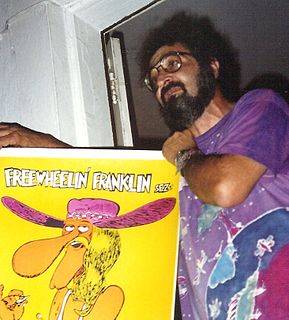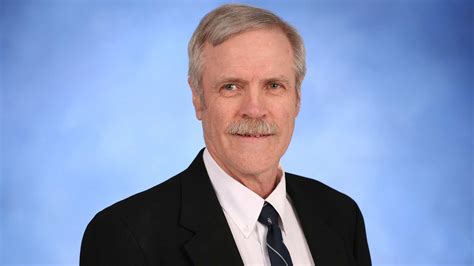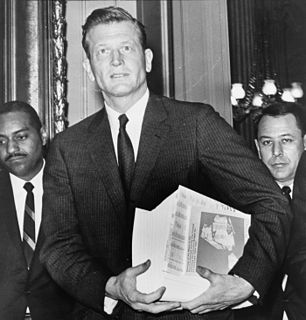A Quote by Klaus Lackner
Either you abandon fossil fuels, or you find a way to get that carbon back.
Related Quotes
Rome wasn't built in a day, and we won't replace fossil fuels with clean energy based on the events of a single week, either. But the important thing to remember is that, once they happen, clean energy victories are irreversible. No one will tear down wind farms because they are nostalgic for fracking in our watersheds. And nobody will pull down their solar panels because they miss having mercury in their tuna or asthma inhalers for their kids. Because once we leave fossil fuels behind, we are never going back.
We should certainly not be perpetuating further harm to others or to the environment. Suppose that workers at ExxonMobil are trying to unionize. We have two choices: to help them improve their lives, or to keep away so that their lives will be worse. Neither choice has any effect on use of fossil fuels. So radical organizers can both help them unionize and improve their lives, and convince them to find a different way to survive and work for ending the use of fossil fuels.
If we want energy security, then we have to reduce our appetite for fossil fuels. There's no other way. Other issues may crowd the headlines, but this is our fundamental challenge. Big challenges require bold action and leadership. To get the United States off fossil fuels in this uneasy national climate of terrorism and conflict in the Persian Gulf, we must treat the issue with the urgence and persistance it deserves. The measure of our success will be the condition on which we leave the world for the next generation.




































